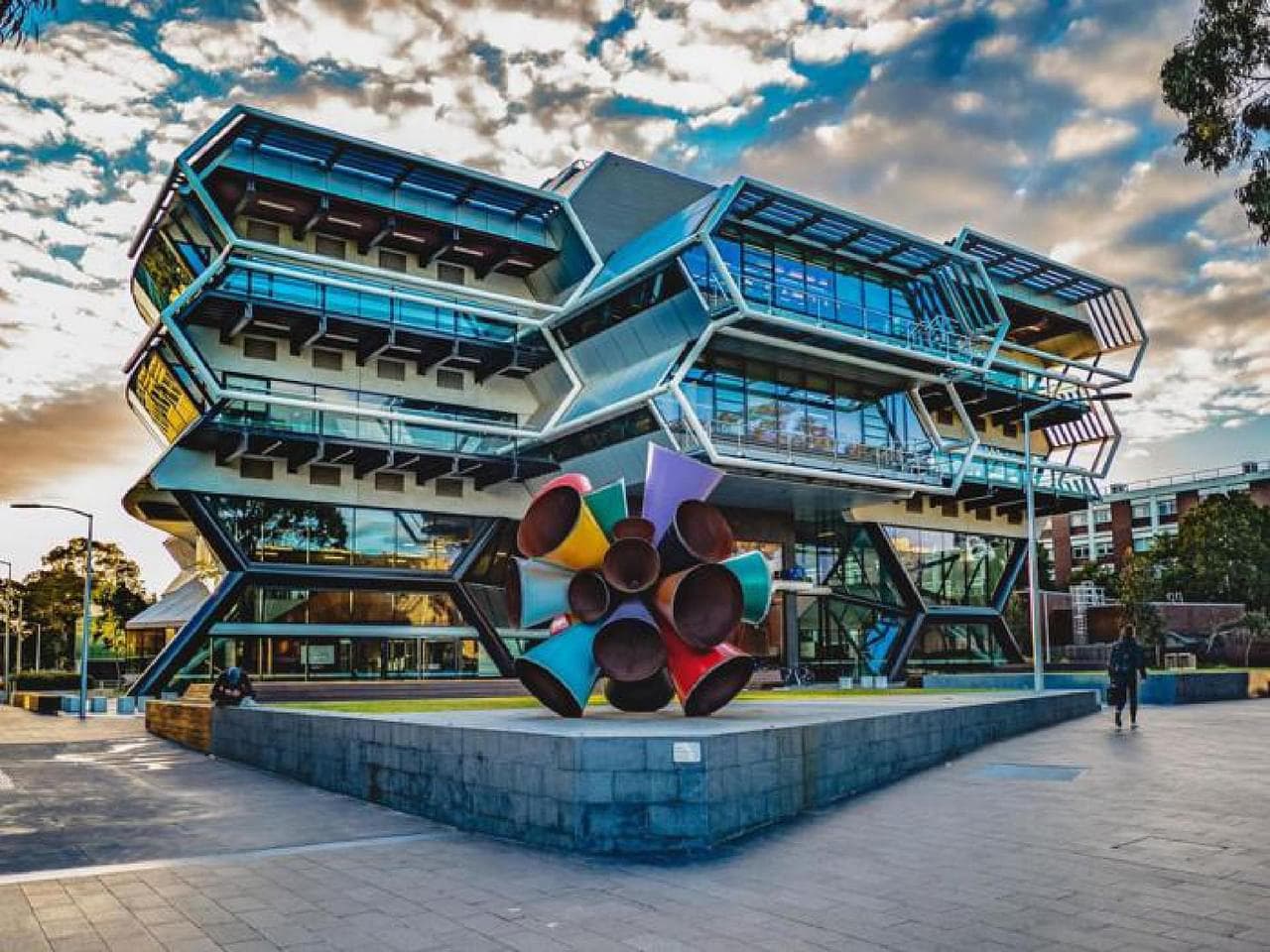Double degree courses include the features of the component degree courses, except that electives may be reduced.
Law
L3001 Bachelor of Laws (Honours) course is a specialist course that develops through themes: legal methodology and legal practice, public law and private law. The specialised knowledge and advanced skills are imparted in later year elective units, including a final year project involving intensive research and writing.
Part A. Legal methodology and legal practice
This theme includes the nature of law, and particularly statute law enacted by parliaments and common law developed by courts. It also includes the key concepts, principles and methods of research and reasoning that enable lawyers to identify and interpret law and apply it to relevant facts in order to provide legal advice. It covers the law of procedure and evidence that governs judicial proceedings, alternative methods of resolving legal disputes, and the code of ethics that regulates the professional conduct of legal practitioners.
Part B. Public law
Criminology
A2008 Bachelor of Criminology is a specialist course that develops through three themes that combine to underpin criminology studies: Part A.Expert knowledge, Part B. Global reach and focus and Part C. Collaboration and innovation.
Part A. Expert knowledge
This will provide you with a foundational understanding of crime as a complex phenomenon, its social, economic and political impact, and the advantages and limitations associated with different strategies to address it. Students will gain an advanced understanding and develop critical thinking skills to reflect on important social issues such as inequality, vulnerability, and risk that have significant implications for the way we think about and deliver responses to crime, social justice, and security both in Australia and internationally.
Part B. Global reach and focus
This will enable you to develop an understanding of crime as a truly global phenomenon. You will learn about national and international criminal threats and develop the capacity to think critically about the role of states in creating crime and social harm. From a comparative standpoint, students will study the ways that crime manifests in different jurisdictions and how different societies define, govern and respond to crime. Students will gain practical and theoretical knowledge.
Part C. Collaboration and Innovation
You will develop a suite of transferable professional skills to respond effectively to pressing criminal concerns. Students will learn the skills to engage necessary stakeholders to allow them to effectively formulate, influence and evaluate crime and justice policies and practices in a variety of professional contexts. You will develop a critical understanding and develop advanced communication skills for collaborative problem solving and be competent in working in teams to address the problem of crime.


